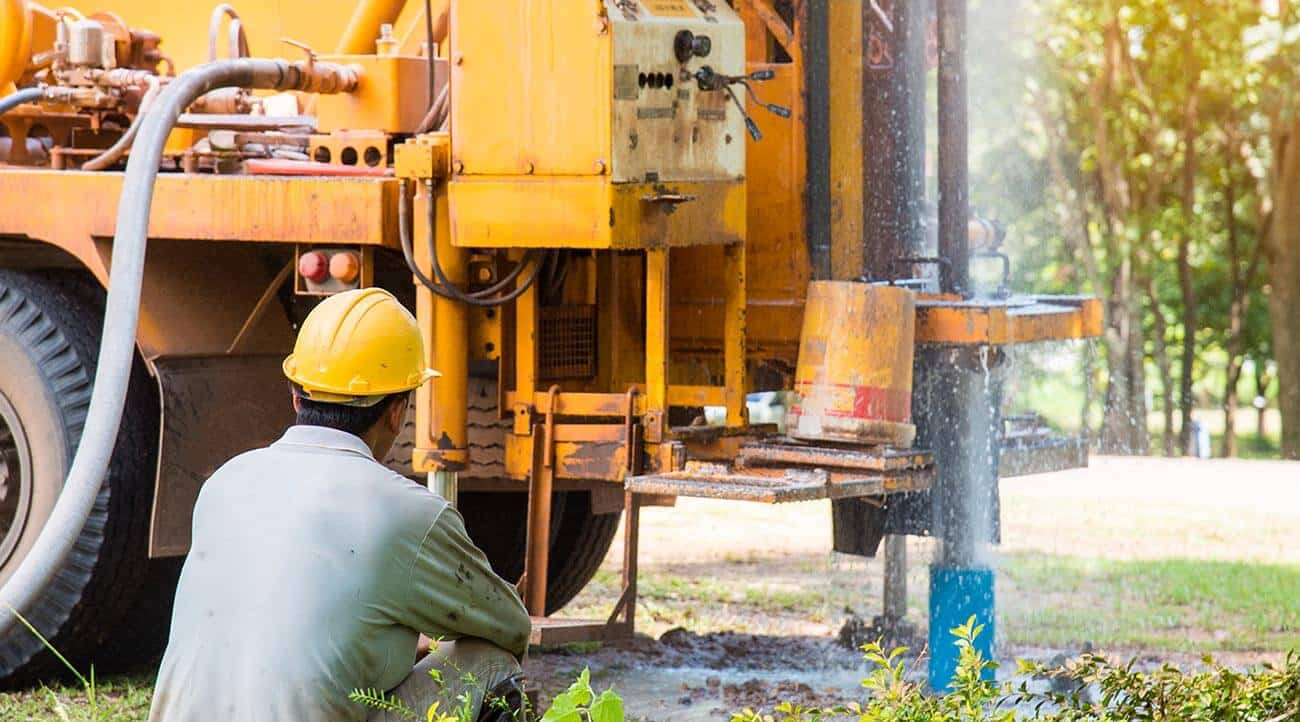Did you know that poor geothermal performance is most commonly caused by improper system design or installation, not by any mechanical failure? That means choosing a qualified geothermal professional is even more important than choosing which geothermal system to install.
At Dandelion Geothermal, we’ve designed and installed more home geothermal systems than any other contractor in New York State, so we know what homeowners need to lookout for when selecting a geothermal expert. Keep reading to learn our top tips for hiring a geothermal installer you trust.
Prioritize Proper Geothermal Sizing and Design
Sizing Conventional Heating Systems
It’s not unusual to size traditional heating systems (like a furnace) using rule of thumb principles. These shortcuts minimize the amount of time a contractor spends sizing and selecting the equipment without sacrificing the customer’s comfort or money. An oversized furnace doesn’t actually significantly decrease its operating efficiency or have a much higher upfront cost. In fact, one furnace rated at 60,000 Btu/hr and another rated at 30,000 Btu/hr might only be a couple hundred dollars apart.
Sizing Geothermal Systems
Properly sizing and designing a geothermal system is crucial to its performance and lifespan. Undersizing geothermal heat pumps can cause excessive dependence on supplemental heat (like electricity) and early equipment failure. Oversizing geothermal heat pumps can cost a lot more to install and cause it to short cycle. This means that the system frequently turns on and off, leading to less uniform temperature distribution throughout the home and shorter equipment lifespans.
Rules-of-thumb also don’t work when designing geothermal ground loops. Overestimating the ground loop size raises the price for the homeowner and underestimating it can cause excessive loop temperatures, reducing capacity and efficiency.
Tip #1: Ask about the method that was used to determine the peak heating and cooling loads.
Reputable contractors perform what’s known as a Manual J, the industry standard for calculating a home’s heat gain and loss — the amount of heat lost through the home’s exterior in the cooler months, and the amount of heat gained in the warmer months. Numerous variables affect a home’s heating and cooling needs, including home size, insulation, the number of windows, geography, duct leakage, and even orientation to the sun.
Beware of designers who use rule-of-thumbs or approximations. Improper designs will always cost you more comfort and money long-term.
Tip #2: Ask your geothermal designer to provide you with the specifications for your geothermal ground loops.
A good designer will be able to provide you with a complete design report that justifies their choices and be willing to walk you through it.
Tip #3: Don’t assume that the most expensive system will be the best option.
Conversely, don’t assume that the least expensive system will be the worst.
Evaluate The Geothermal Installer’s Credentials
When choosing a geothermal installer, inquire about their credentials. Why are they uniquely qualified to provide a superior service for your home? Consider certifications, experience, and overall reputations.
Geothermal Certifications
The best trade professionals are certified by an authority. The International Ground Source Heat Pump Association or IGSHPA is the authority for the geothermal heating and cooling industry.
Geothermal Design and Installation Experience
Geothermal system failure is most commonly caused by improper design or installation, not by failure of the mechanical equipment. Ask your geothermal installer how many systems they’ve installed in the last year and throughout the company’s life.
Geothermal Customer References and Testimonials
Do your research. This may include reading online reviews, and bringing any concerning ones up with the installer. Remember there are two sides to every story, so a few negative reviews don’t always spell trouble.
Ask to speak with a local reference or be directed towards a customer testimonial page. It may also be helpful to review photos of homeowners’ yards post-installation. Geothermal usually involves drilling and trenching, so it’s important to understand what your yard might look like after it’s sculpted to rough grade.
Tip #4: Ask about the installing contractor’s credentials.
Inquire about IGSHPA Installer Accreditation status, years of experience, and whether customer references are available.
Consider Available Warranties
A geothermal system is a large investment of time and money. Protect your investment by asking your installer what type of warranty or guarantee they offer on the equipment and the installation. A comprehensive warranty ensures the installer stands by their work.
Tip #5: Ask what warranties or guarantees are available. Be sure a complete warranty period is provided by the installing contractor.
Is Dandelion Geothermal the right installer for you? Take the short quiz below to learn more!

